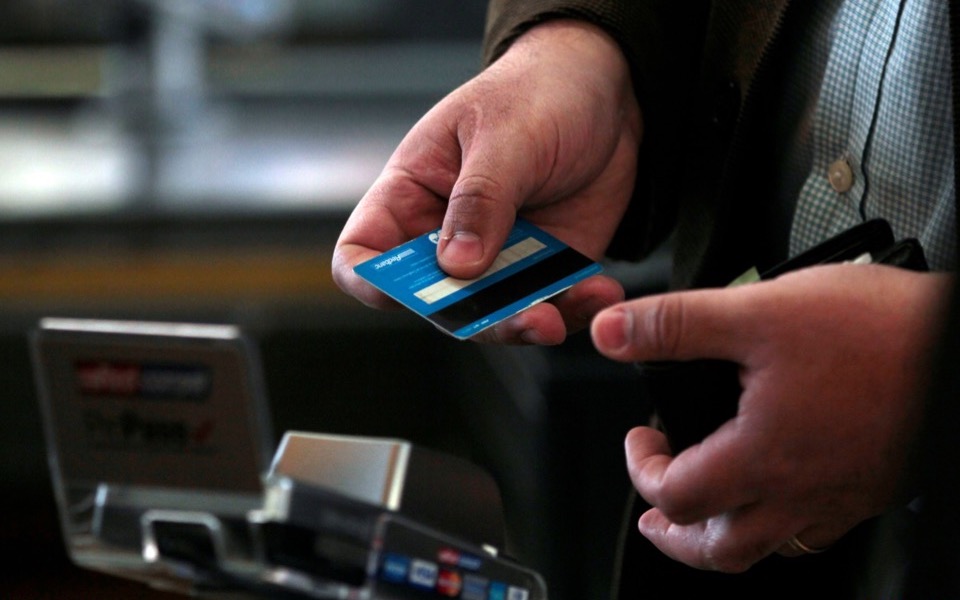Greeks ate into savings in 2022

Savings in Greece moved into negative territory in 2022, according to the data Eurostat released on Wednesday, highlighting one of the relics of the credit crisis.
Only in 2020 and 2021 did savings turn slightly positive, as Covid contributed to postponing consumption needs while the government generously supported incomes. But then, in 2022, it returned to negative.
While in the EU the average household saved 12.7% of its disposable income, in Greece, the percentage was negative, at -4%. This means, as the European Statistical Service’s statement points out, that households spent more than their gross disposable income and therefore either used savings from previous periods or borrowed to finance their spending.
Only Greece and Poland recorded such a poor performance in 2022. However, the downward trend was general, and other EU countries saw similar consumer responses during the pandemic and beyond. On average, the savings rate fell from 16.4%, which it had risen to in 2021, to 12.4% in 2022, approaching pre-Covid records. The saving rate in Greece has been negative since 2012, reaching its lowest level in 2013, at -6.20%. In 2020 it turned positive, 1.38%, and in 2021 it was 2.10%, before reverting to negative last year.





